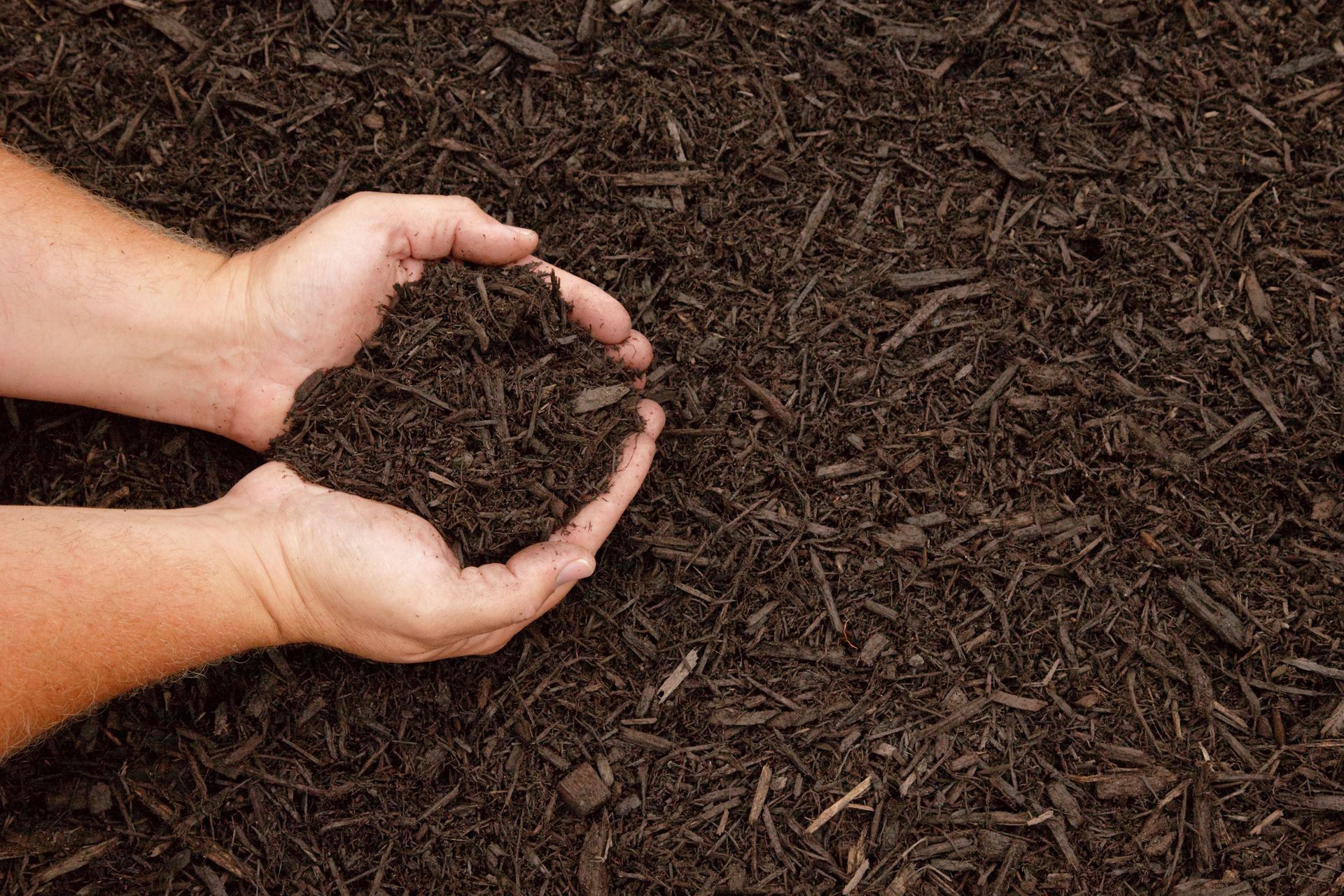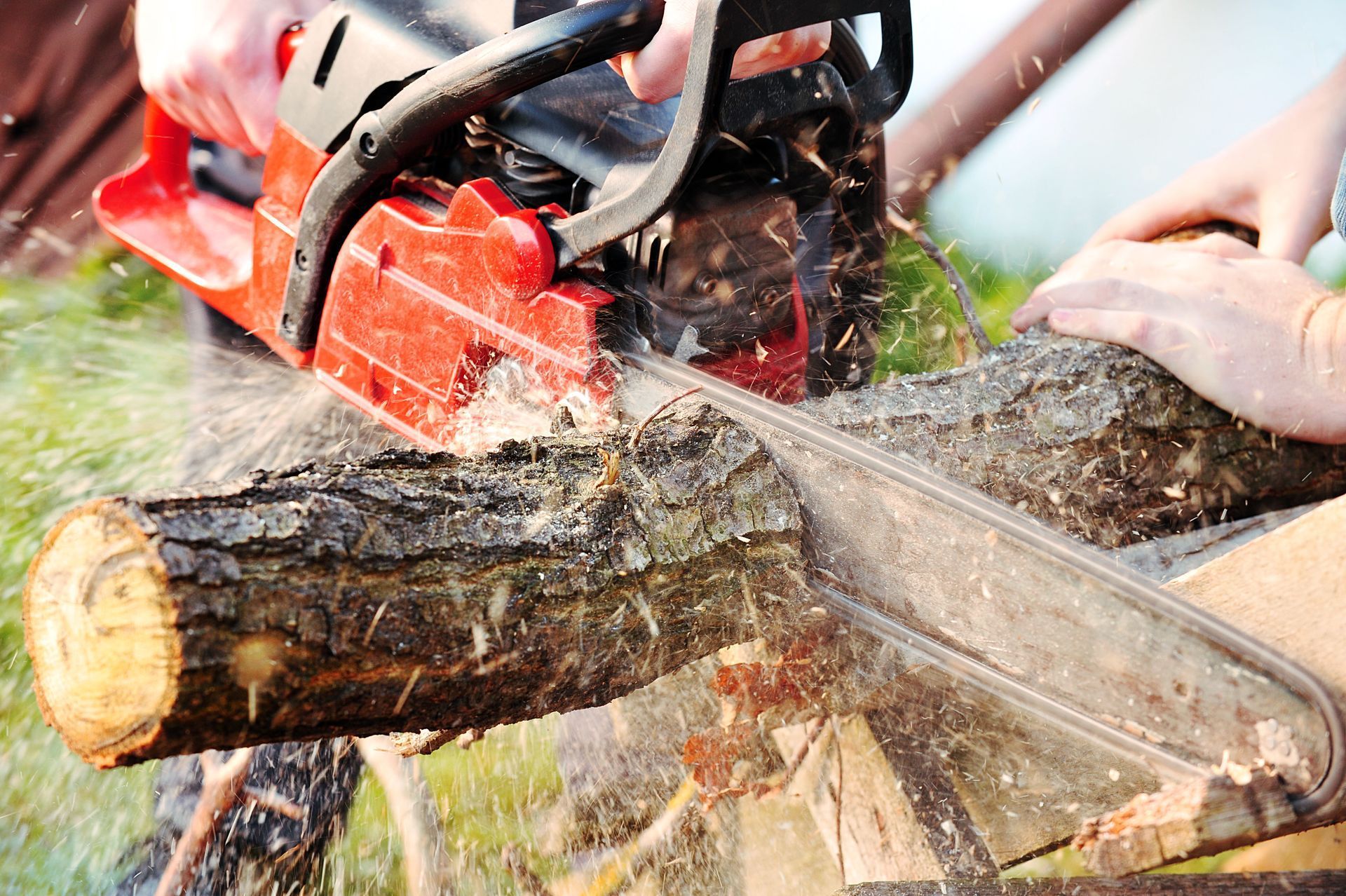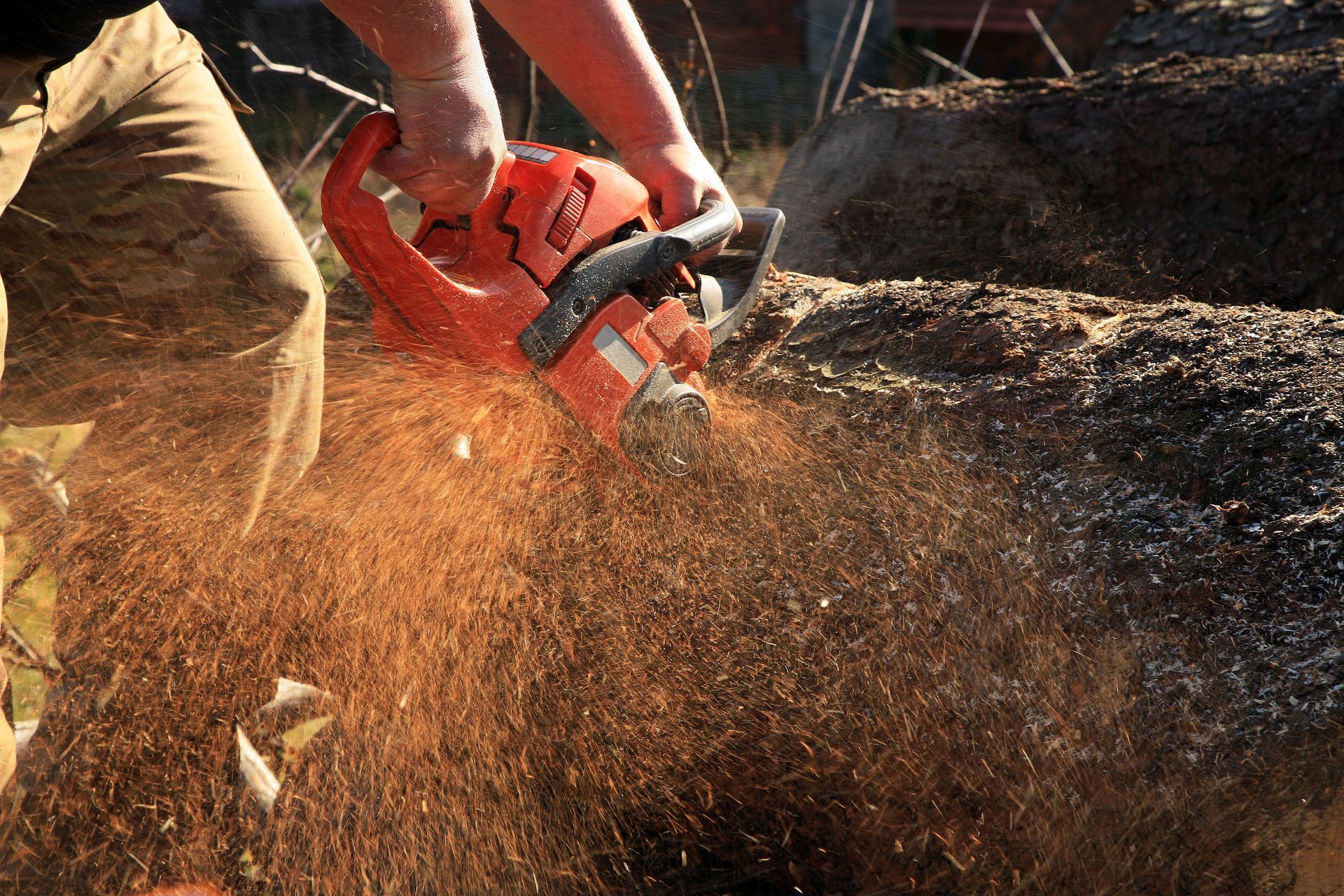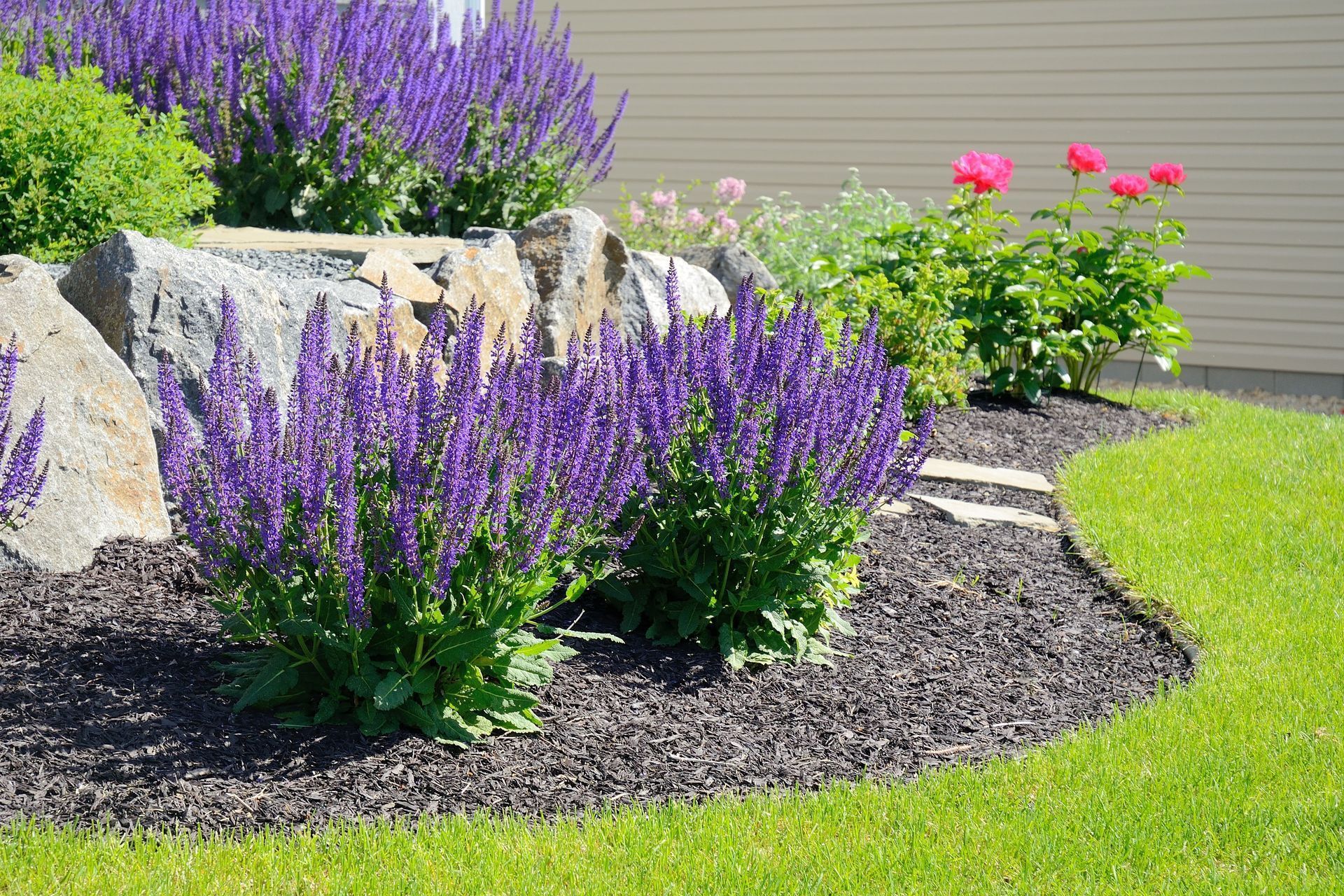July 1, 2025
When you think about improving your garden, you probably picture watering schedules, adding fertilizer, and choosing the right plants. But have you ever really considered the powerful difference mulch can make? Mulch is one of the easiest, most effective tools you can use to help your garden grow stronger and look more beautiful. It does more than just cover the soil — mulch creates a healthier environment, saves you time, and makes gardening less stressful. It’s a small step that can make a big difference in how your garden performs and how much you enjoy it.
According to Fact.MR, in the short term (2024-2027), the growing use of mulching materials in the agricultural sector and increased spending on gardening activities are expected to drive the growth of the mulching material market. This statistic highlights that more people are realizing how useful mulch can be, not just for large farms but also for home gardens like yours. Mulch is becoming an essential part of both professional and personal gardening, and it’s easy to see why.
1. Improving Soil Moisture Retention
One of the biggest challenges for gardeners is keeping plants properly watered, especially during the warmer months when the sun can quickly dry out the soil. Without mulch, the top layer of soil is constantly exposed to direct sunlight, causing water to evaporate much faster than you might expect. This can leave plants struggling to stay hydrated, even if you water them regularly. When you apply mulch, it creates a natural barrier that helps lock in moisture and shields the soil from the harsh heat. This means your plants can enjoy steady, consistent hydration, and you won’t have to water as often to keep them healthy. Using mulch can truly make a noticeable difference in how lush and vibrant your garden looks during the hottest days of the year.
2. Suppressing Weed Growth Naturally
Weeds can sneak into any garden and quickly take over if you’re not careful. They grow fast, compete with your flowers and vegetables for water and nutrients, and can make your garden beds look messy. Regular weeding can feel like a never-ending task, especially during the growing season. Luckily, mulch can offer a simple, natural solution. By spreading a thick layer of mulch across your garden, you block sunlight from reaching weed seeds. Without sunlight, many weeds won’t be able to grow at all. Even the few that manage to pop up will be easier to remove because their roots will be weaker. Mulch saves you hours of backbreaking work and helps keep your garden looking neat and well cared for with minimal effort on your part.
3. Regulating Soil Temperature
Soil temperatures can swing wildly throughout the day, especially when the sun is blazing during summer afternoons and then temperatures drop quickly at night. These sharp changes can stress out plant roots, making them more vulnerable to disease or stunted growth. Mulch acts as a natural temperature regulator. It helps keep the soil cooler during the heat of the day and warmer during cooler nights. This steady environment gives your plants a better chance to grow strong and healthy without being shocked by sudden temperature swings. Mulch is especially useful for young seedlings and sensitive plants that need extra protection as they get established.
4. Enhancing Soil Health Over Time
One of the most rewarding long-term benefits of mulch is that it can actually improve your soil’s quality as time goes on. When you use organic mulch like wood chips, bark, or straw, it gradually breaks down and adds valuable nutrients back into the soil. This natural process works like a slow-release fertilizer, gently feeding your plants without requiring chemical additives. Over the years, this can help create rich, well-structured soil that’s perfect for growing everything from flowers to vegetables. Mulch also encourages earthworm activity, which further improves soil health by aerating the soil and mixing in organic matter. By simply applying mulch, you’re investing in your garden’s future health and building better soil from the ground up.
5. Reducing Soil Erosion
If you’ve ever noticed soil washing away after heavy rain or blowing around on windy days, you’ve seen erosion in action. Soil erosion can leave your garden looking patchy and can weaken the support system that your plants need to thrive. Mulch is an excellent way to prevent this. It creates a protective layer that helps anchor the soil, even during storms or when you water your garden heavily. This is especially helpful if your garden has sloped areas or spots that are particularly exposed to wind. By holding the soil in place, mulch helps your plants develop stable root systems and keeps your garden beds looking full and healthy. In addition to protecting soil, mulch reduces the impact of raindrops hitting the ground directly, which can cause soil displacement. It also helps slow down water runoff, giving the soil more time to absorb moisture. It’s a small step that makes a big difference in preserving your garden’s structure.
6. Adding Visual Appeal to Your Garden
A fresh layer of mulch can instantly give your garden a polished, professional look. Whether you prefer the rich, earthy tones of brown mulch, the bold look of red mulch, or the clean contrast of black mulch, adding mulch can really bring out the beauty of your plants. It covers bare soil, highlights the natural shapes and colors in your garden, and makes everything feel neat and intentional. Many people notice that their garden looks more organized and inviting right after adding mulch. It’s an easy way to boost curb appeal and make your outdoor space feel more like a finished part of your home. Plus, mulch helps frame your plants, drawing attention to their blooms, leaves, and textures. Beyond aesthetics, mulch also adds depth and dimension to garden beds, creating visual interest that changes with the seasons and complements other landscaping features.
7. Supporting Local Ecosystems
When you choose natural, organic mulch, you’re doing more than just helping your plants — you’re supporting the life happening all around them. Mulch creates a friendly environment for beneficial insects like beetles and ground-dwelling pollinators, as well as earthworms that help keep your soil healthy. It also encourages helpful bacteria and fungi that play an essential role in breaking down organic matter and building strong, nutrient-rich soil. A garden with mulch often feels more alive, buzzing with small creatures and working together to create a balanced, thriving ecosystem. By using mulch, you’re building more than just a garden — you’re creating a small but meaningful habitat right in your backyard.
When you add mulch to your garden, you’re not just improving how it looks — you’re building a healthier, more sustainable space that supports your plants and the life around them. Mulch acts as a natural shield, protecting your soil from harsh weather, conserving moisture, and creating an environment where beneficial organisms can thrive. It helps create balance in your garden’s ecosystem by fostering healthy roots and reducing stress on plants. Plus, a well-mulched garden requires less maintenance, saving you time and effort throughout the growing season. If you’re ready to refresh your garden, boost its health, and enjoy all the surprising benefits that mulch has to offer, contact Red Bark Inc today!




